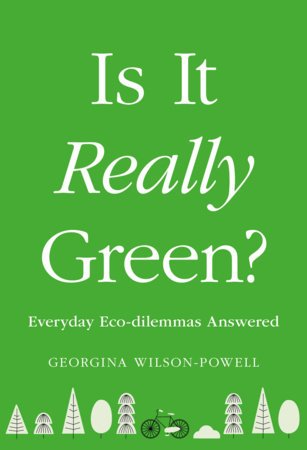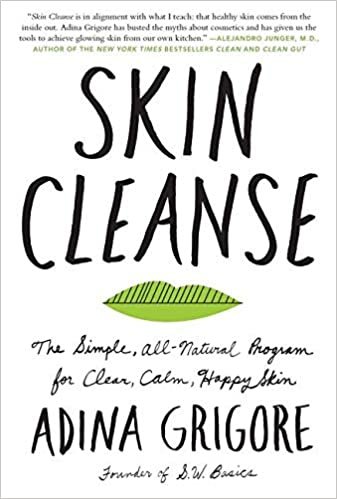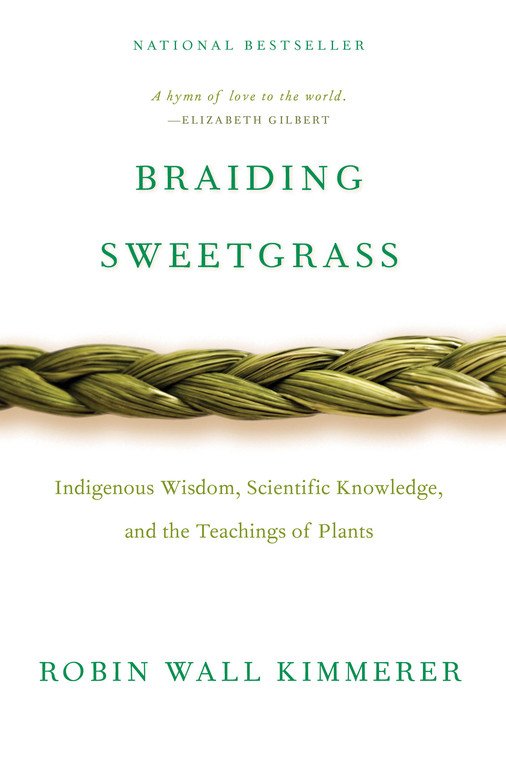New Year’s Resolution #3: Get informed on climate issues
By Kasia Krzyzanowski
Our third New Year’s resolution for 2022 is all about getting more informed on the complex issues contributing to the climate emergency. From the clothing industry to intensive agriculture, better understanding the global systems contributing to climate change and environmental degradation is the first step towards taking individual action.
A well-written book can kindle an interest and passion for learning more about a specific topic. But with thousands of books available, where should you start? I asked different locals involved in sustainable projects which book they would recommend to others.
Local recommendations:
I’ll start off with my own recommendation. I recently read the following book by Philip Lymbery, and found it a very engaging introduction to how intensive agricultural practices on opposite sides of the globe directly contribute to loss of biodiversity and climate change. You can also borrow it from CITIM library!
Dead Zone: Where the Wild Things Were
by Philip Lymbery
Dead Zone takes the reader on a journey around the world, from the rainforests of the Amazon to the Midwest plains of America; the palm plantations of Sumatra to the volcanic diversity of Galapagos; the grasslands of England to the Malaysian jungle. In a global safari focussing on some of the world’s most endangered species, it lays bare the myths that prop up factory farming and shows what we can do to save the planet with healthy food.
“An engaging intro to the interconnectedness of intensive agriculture practices worldwide and how they directly contribute to loss of biodiversity.”
Irina Roman of The Green Library recommends:
Is It Really Green? Everyday eco dilemmas answered
By Georgina Wilson-Powell
Are paper bags always more environmentally friendly than plastic? How much better for the planet are electric cars? What saves more water - using the dishwasher or washing up by hand?
We all want to do the right thing for the planet, but with so many factors at play it can be difficult to work out which is the greenest way. With answers to the everyday green-living questions, Is it really green? cuts through the confusion and gives you the facts.
“ I’m currently reading this book and it’s very informative and easily digestible!
”
Ahoua Eve Bakayoko of MissBak recommends:
Zéro plastique zéro toxique
by Aline Gubri
How can you adopt an ecological lifestyle when you don't always have the time or the money? Do you dream of reducing your waste, cleaning your home without pollutants, making toxic-free cosmetics, wasting less, consuming sustainably, ethically, recycling, reusing? In Zéro plastique zéro toxique, the author of the blog Consommons sainement Aline Gubri, gives us all her tips and recipes to help us reduce our environmental impact, save time and money but above all... do us good!
“It’s easy to read and helps you start your ecological transition easily too.”
John Park of Bee Together Luxembourg recommends:
The Disappearance of Butterflies
by Jozef H. Reichholf
In the last fifty years our butterfly populations have declined by more than eighty per cent and butterflies are now facing the very real prospect of extinction. It is hard to remember the time when fields and meadows were full of these beautiful, delicate creatures…The eminent entomologist and award-winning author Josef H. Reichholf began studying butterflies in the late 1950s. Step by step he explains the science behind this impending ecological disaster, and shows how it is linked to pesticides, over-fertilization and the intensive farming practices of the agribusiness. His book is a passionate plea for biodiversity and the protection of butterflies.
“This book provides of wealth of information on moths and butterflies, and their co-evolution with their food plants (host plants), and the challenges they face, including the work that is still required to make our urban areas favourable to their lifecycle.”
Agnieszka Halgas of organic cosmetics shop J’adore Bio recommends:
Skin Cleanse by Adina Grigore
As savvy consumers, we’ve become all too aware that products labeled as “healthy” and “all-natural” are actually full of processed ingredients. But what about the “natural” face wash or “organic moisturizer” we use on our skin every day?
Like prepackaged food, many beauty products don’t deliver the benefits they promise, and that eye-catching packaging camouflages a host of unhealthy ingredients. In Skin Cleanse, skincare expert Adina Grigore teaches us how to move to a true natural regimen, because when you detox from your skincare regimen, your body reaps the rewards.
“This is a nice one to start with education about cosmetics!”
Kate Shirley from Kate’s Apothecary had several favourites to share:
Braiding Sweetgrass
by Robin Wall Kimmerer
Drawing on her life as an indigenous scientist, a mother, and a woman, Kimmerer shows how other living beings—asters and goldenrod, strawberries and squash, salamanders, algae, and sweetgrass—offer us gifts and lessons, even if we’ve forgotten how to hear their voices. In a rich braid of reflections that range from the creation of Turtle Island to the forces that threaten its flourishing today, she circles toward a central argument: that the awakening of a wider ecological consciousness requires the acknowledgment and celebration of our reciprocal relationship with the rest of the living world. For only when we can hear the languages of other beings will we be capable of understanding the generosity of the earth, and learn to give our own gifts in return.
“I LOVE this. It’s about our lack of connection, how we don’t live in reciprocity with the land... It’s beautiful.”
The Hidden Life of Trees: What They Feel, How They Communicate―Discoveries from A Secret World
by Peter Wohlleben
Are trees social beings? In The Hidden Life of Trees forester and author Peter Wohlleben convincingly makes the case that, yes, the forest is a social network. He draws on groundbreaking scientific discoveries to describe how trees are like human families: tree parents live together with their children, communicate with them, support them as they grow, share nutrients with those who are sick or struggling, and even warn each other of impending dangers. Wohlleben also shares his deep love of woods and forests, explaining the amazing processes of life, death, and regeneration that he has observed in his woodland.
“This book raises awareness about trees and how important they are.”
Finally, a recommendation from Caroline Holz of the community third-space Facilitec:
Manifeste pour un urbanise circulaire
by Sylvain Grisot
By dint of growing, the city is breaking up. This inefficient urban development model, based on the consumption of ever more land, has a name: urban sprawl. Structured around automobile mobility, this model is now showing its limits: consumption of agricultural land, pollution, prohibitive costs... but above all, it is the form of a city that has forgotten the virtues of proximity and which accentuates social fragmentation and our fragility in the face of crises.
Other lists of recommendations:
The Transition Days initiative from CELL which took place over nine months last year compiled an extensive monthly list of multilingual book recommendations from three local libraries. The books cover a wide range of social and environmental issues linked to the monthly theme. The best part is that they’re all available to borrow in Luxembourg!
Find them all here: www.transitiondays.lu/bibliographies
The best books about the climate crisis – and how to fight it
This recent list by book publisher Penguin includes many well-known and recommended books, including the famous and highly influential Silent Spring by Rachel Carson, published back in 1962.
8 best climate emergency books that help you to understand the crisis
This list from The Independent offers a concise selection of highly-regarded books covering a range of topics, from economics to environmental solutions.











